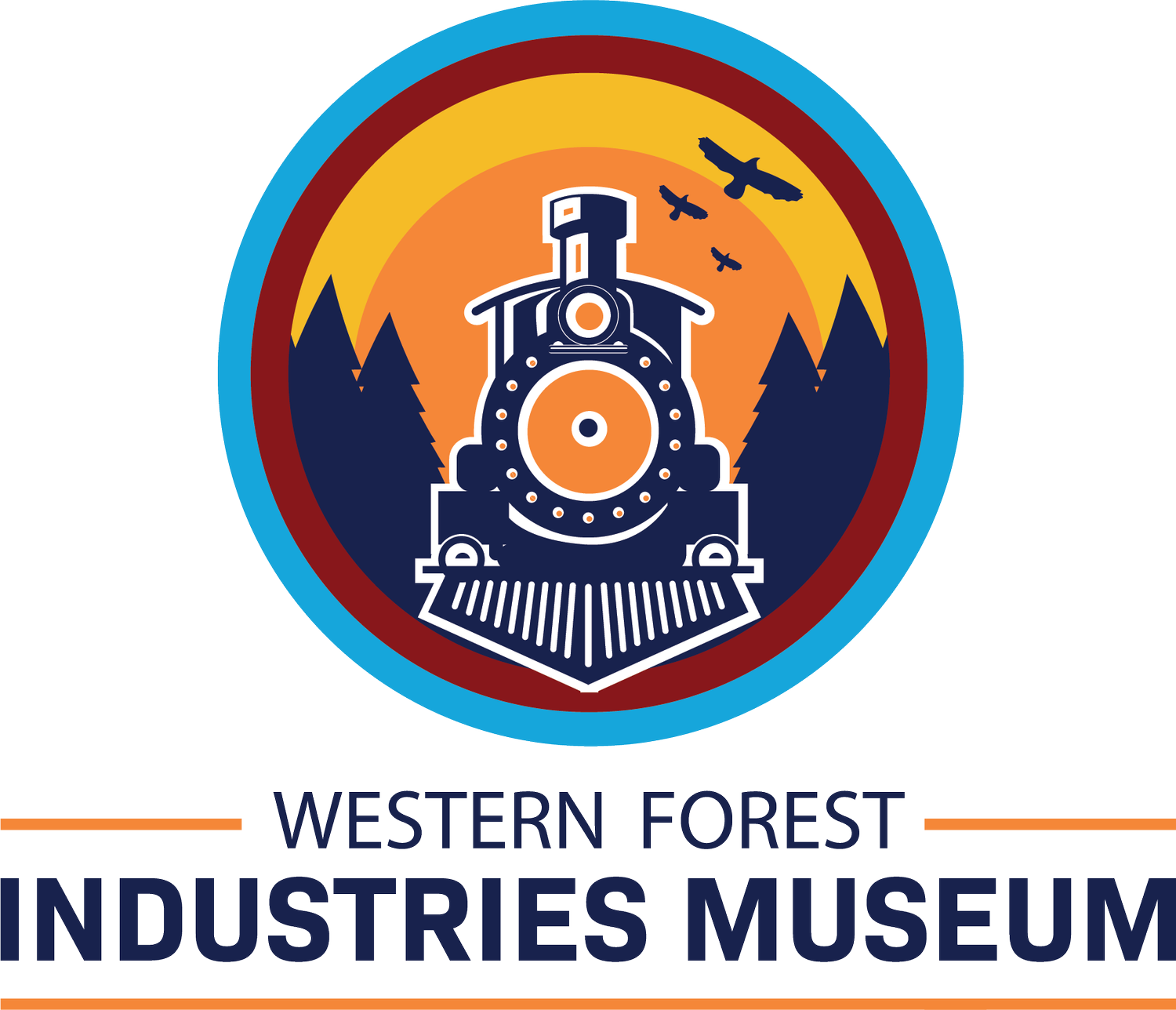Mt. Rainier Scenic Railroad is Coming Back to Life
(Eatonville, WA) – Western Forest Industries Museum (WFIM), the nonprofit organization that founded Mt. Rainier Scenic Railroad in 1980, has reformed to bring the railroad back into operation.
Mt. Rainier Railroad was briefly owned and operated by Colorado-based American Heritage Railways (AHR), beginning in 2016. Due to operational difficulties with the parent company and the effects of the Covid-19 pandemic, in 2020, AHR made the decision to shut down operations at Mt. Rainier Railroad & Logging Museum. The railroad was enjoyed by families from all over the country, bringing hundreds of thousands of visitors to the area. Pierce County, as well as the towns of Elbe and Eatonville, have become acutely aware of the absence of the railroad. The railroad, once a jewel of the heritage railway preservation movement, was lost.
In August of 2022, WFIM formed a new board of directors and management team. AHR has returned all assets to the newly revitalized nonprofit. While the road ahead is long, WFIM intends to reopen the museum and the railroad, as well as expand operations to the town of Eatonville, creating a significant economic demand generator for the town, while improving the museum, and highlighting the stories of the people that lived along and worked along the railroad.
The group has big plans for the railroad.
“We will be undertaking a phased reopening plan,” said Bethan Maher, WFIM’s executive director and longtime staple of the heritage rail industry. “We will be launching a railbike attraction – RailCycle Mt. Rainier – this upcoming spring. Our plans include restoring several steam locomotives to service, relaunching railroad operations, and constructing a new museum that will provide a more inclusive and contextualized history of the people that lived along and worked on our historic railway. It’ll take us a few years to get there, but it’s a worthwhile project with a broad coalition of support.”
Upon its relaunch, the railroad will continue to host events such as The Polar Express Train Ride and its popular Rails to Ales excursion. While WFIM has historically focused on the logging equipment, the feats of engineering, and the ingenuity that helped navigate the challenging terrain of rural West Coast forests, the organization is committed to telling the railroad’s story in a wider and more inclusive context – including the stories of the Nisqually people, through whose land and villages that railroad was constructed and continues to operate.
